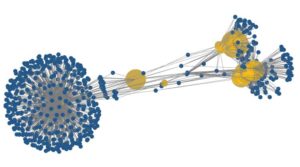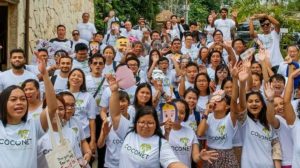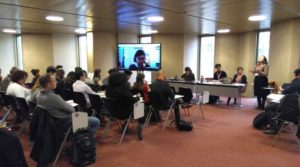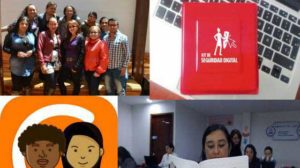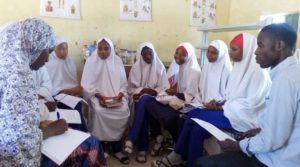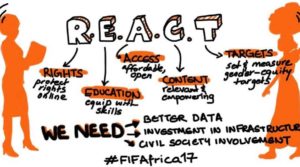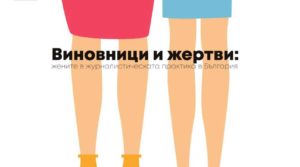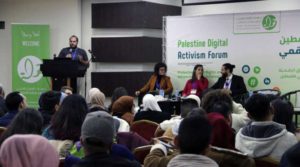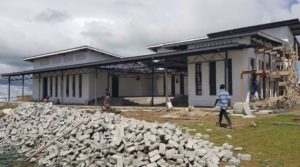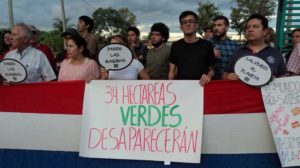eQualit.ie has had a busy year, with continuing development of Deflect, their flagship distributed denial of service (DDoS) mitigation service, available free as always and now including multi-language localisation for greater global accessibility. Check out their new and improved website, which nicely simplifies the sign-up process.
Building on this, eQualit.ie has been actively at work on Deflect Labs, a powerful system of classification and analytics that identifies online attack patterns and timing, thereby increasing their cost and reducing the impunity of those who seek to silence voices online. CSOs, media and human rights organisations the world over are frequently targeted, stifling free expression, intimidating and systematically preventing information from being shared. Through Deflect Labs attack forensics and threat intelligence reports, eQualit.ie aims to make aggression against civil society websites more expensive and less effective, and to peel away attackers’ impunity by enabling attribution.
In parallel, they are building outreach and security training initiatives by working with partners in Ukraine and Colombia on establishing digital security schools, offering support and education to local journalists, activists and researchers.
Deflect Labs will provide real-time and historical analytic tools, plus insight into DDoS attacks and botnets’ characteristics.
Image source: eQualit.ie.
